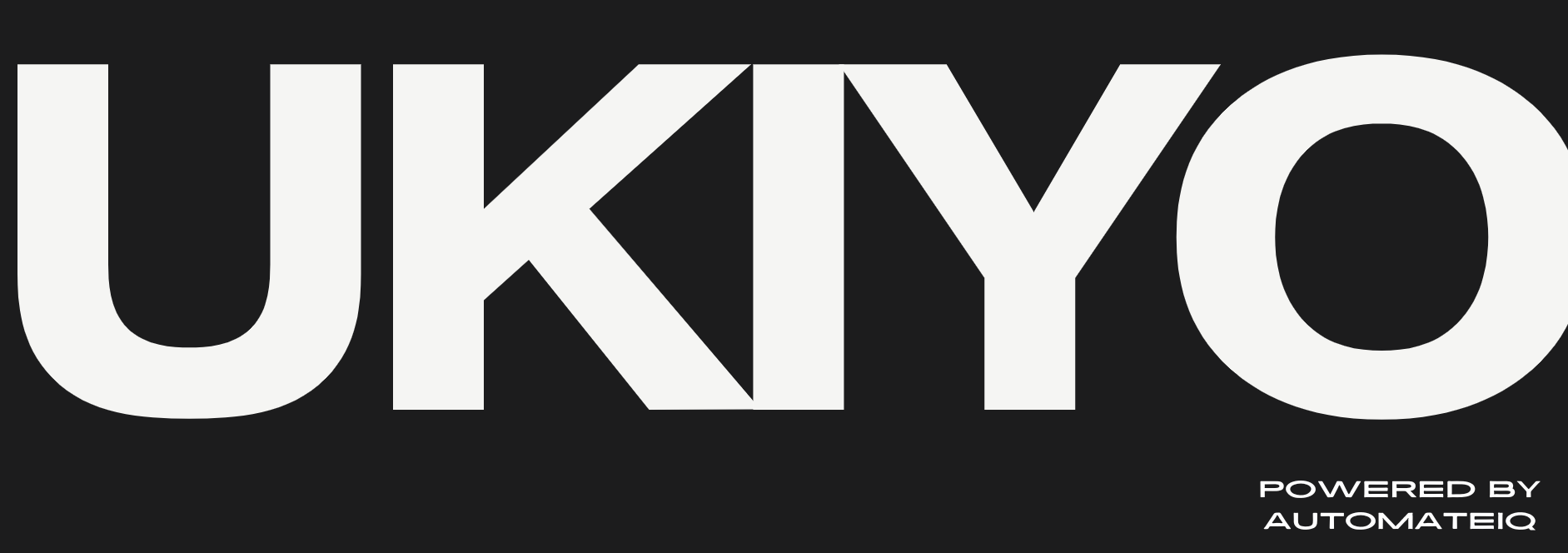For modern businesses navigating the fast-paced world of digital content, social media isn’t just a branding tool — it’s a lifeline. But with ever-changing algorithms, rising ad costs, and a constant pressure to stay visible, staying consistent has become overwhelming. This is where AI in social media management steps in, offering smarter scheduling and engagement automation that not only saves time but amplifies impact.
Today’s small to mid-sized businesses are being asked to behave like media companies. Posting at optimal times, responding instantly, interpreting trends, and analyzing performance — all while running day-to-day operations. It’s not sustainable without intelligent help. Thankfully, the AI revolution is reshaping how content gets delivered and how audiences are nurtured.
Why Traditional Social Media Management No Longer Cuts It
In traditional workflows, content calendars are managed manually, engagement is reactive, and scheduling posts can feel more like guesswork than strategy. Most teams either overinvest time for minimal return or underperform due to inconsistent posting.
Manual processes also mean:
-
Missed opportunities to engage in real-time
-
Generic or untimely posts
-
Burnout from repetitive tasks
-
Incomplete performance analysis
AI tools are now challenging this model by introducing machine learning into every stage of the social media process — from planning to publishing to performance.
The Rise of AI Social Media Management Tools
AI-powered platforms such as Lately.ai, Predis.ai, and Ocoya are redefining how content is ideated and distributed. These tools don’t just suggest content or schedule posts; they learn from past engagement, identify peak performance times, generate copy variations, and even recommend visuals based on audience preferences.
For instance, Lately.ai uses NLP to analyze long-form content like blogs or podcasts and repurpose them into bite-sized, high-engagement posts. This drastically reduces the time needed to maintain an active content pipeline. Meanwhile, Ocoya integrates scheduling, AI copywriting, and real-time trend detection into a single platform, making it ideal for lean teams managing multiple channels.
Smarter Scheduling: Timing Meets Strategy
AI transforms scheduling from a static task into a dynamic strategy. Rather than picking arbitrary time slots, AI platforms analyze historical data, platform algorithms, and audience behavior to determine exactly when a post is most likely to perform well.
According to a 2024 report by HubSpot, marketers using AI for scheduling reported a 35% increase in engagement on average. This improvement is tied to AI’s ability to:
-
Identify high-engagement time slots per platform
-
Automatically adjust posting times based on audience activity
-
Create scheduling templates that evolve with trends
This kind of automation is crucial for brands posting across multiple time zones or managing global audiences. Instead of guessing, teams can act with precision.
Real-Time Engagement: Never Miss a Moment
Responding to comments, DMs, and mentions in real-time is now a brand expectation. But what if your team can’t be online 24/7? AI-powered engagement tools can bridge that gap.
AI chatbots, like ManyChat and MobileMonkey, can manage initial contact with users, answer common questions, qualify leads, and even drive sales through platforms like Instagram and Facebook Messenger. More advanced systems, like Sprout Social's Smart Inbox, use sentiment analysis and prioritization to flag the most important messages for human attention.
This layered approach—AI handles the routine, humans handle the nuanced—allows brands to maintain responsiveness without burnout. According to Statista, over 58% of marketers cited AI chatbots as key to maintaining consistent customer experience in 2023.
Content Optimization with AI: Testing What Works
Social media success isn’t just about posting frequently; it’s about posting smartly. AI helps teams test multiple variations of post text, headlines, emojis, hashtags, and visuals to determine which combinations drive the most engagement.
Tools like Copy.ai and Jasper can generate high-converting captions tailored to tone, audience type, or even seasonal trends. By integrating with your scheduling platform, these tools can test variations in parallel, then report back on what’s working best.
This level of A/B testing used to be limited to high-budget teams. Today, it's accessible to solopreneurs and growing brands.
Integrating AI into Workflow: Best Practices
Successful implementation isn’t about replacing your marketing team — it’s about enabling them. Here are best practices when integrating AI into social media workflows:
-
Start with one tool: Don’t overwhelm your team. Choose an AI platform that aligns with your immediate bottleneck—whether that’s scheduling, engagement, or content creation.
-
Train the AI with your data: Many platforms improve with contextual input. Upload your past posts, define your tone, and clarify your goals.
-
Humanize where it matters: Let AI handle scheduling and bulk responses, but keep human voices present in deeper conversations and storytelling posts.
-
Measure continuously: AI is only as good as the feedback loop. Monitor what’s working and update your strategies accordingly.
For teams looking to explore tailored automation workflows and personalized strategy, partnering with creative agencies like Ukiyo Productions can offer a shortcut to scalable systems.
Who Benefits Most from AI Social Media Automation?
-
Small businesses: With limited time and personnel, AI enables them to compete at the same frequency as larger brands.
-
Solo creators: Automating tedious tasks frees time to focus on content and community.
-
E-commerce brands: Responding to product inquiries quickly can mean the difference between a sale and a bounce.
-
Agencies: Managing multiple client accounts requires scalable, reliable systems—something AI was built for.
Whether you're a founder bootstrapping your visibility or a marketing manager juggling campaigns, AI in social media management levels the playing field.
Looking Ahead
AI won’t replace the need for creativity, empathy, or community — but it can protect those qualities by offloading the mechanical, repetitive parts of social media work. By automating smarter, brands can show up more consistently, engage more meaningfully, and scale more confidently.
Social media isn't slowing down. Neither should your brand. Embracing AI today could mean staying ahead of the curve tomorrow.





0 comments